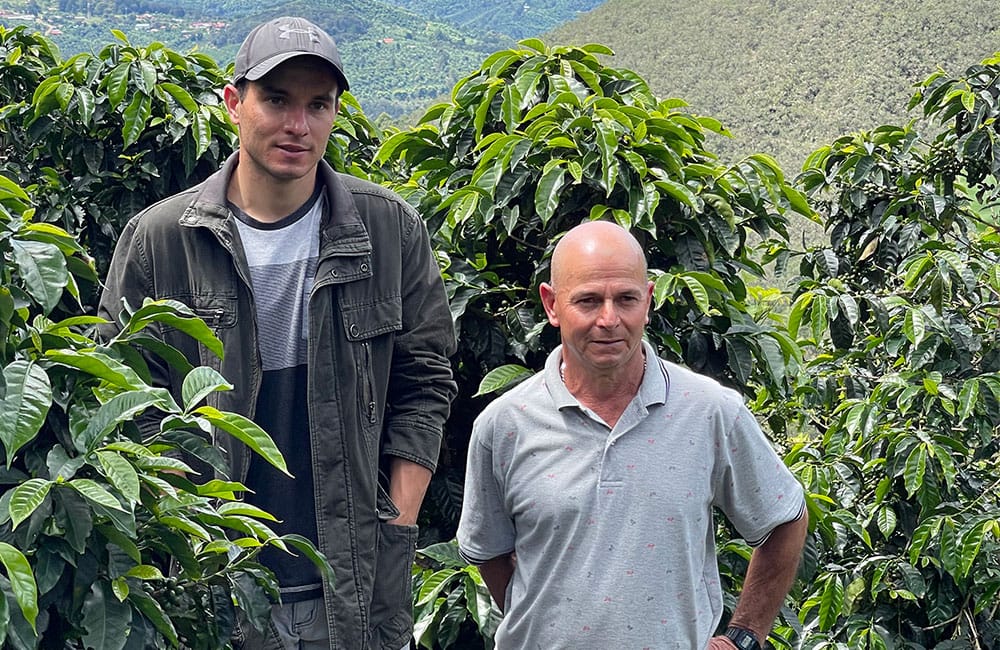Banana, grapes, white chocolate
| Tarrazu | |
| 1.900 masl. | |
| Red Catuaí | |
| Natural | |
| Romario Umaña |
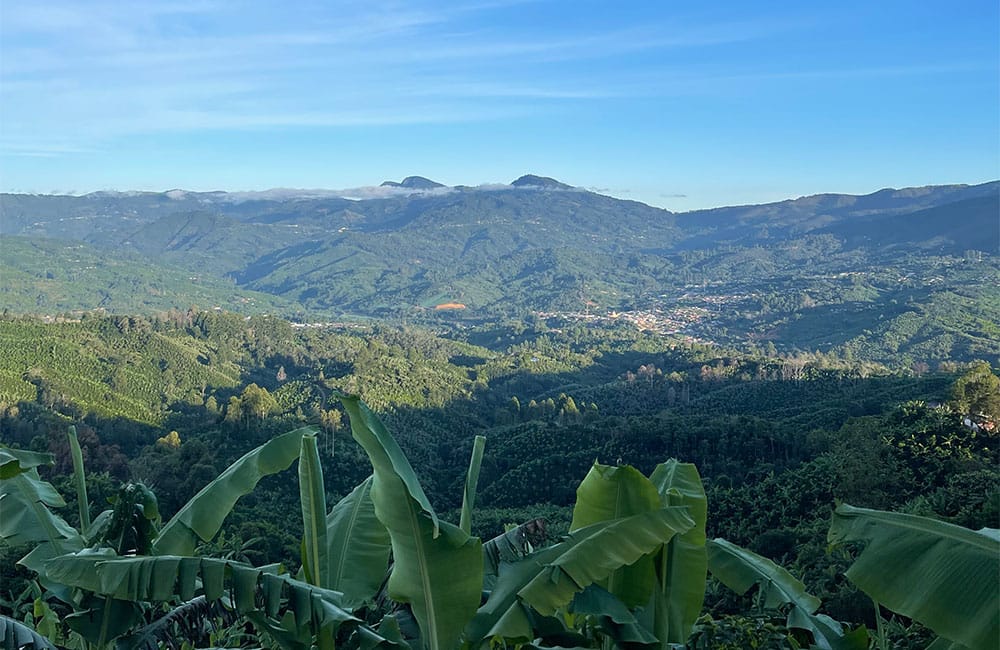
Romario Umaña founded his own washing station to process coffee from his farm in 2019, under the name Umacor.
Umacor is a conjunction of the name of his mother and his father (Umana + Cordero).
Romario’s farm and the washing station are located in the town of San Marco de Tarrazu, belonging to the homonymous district of Costa Rica.
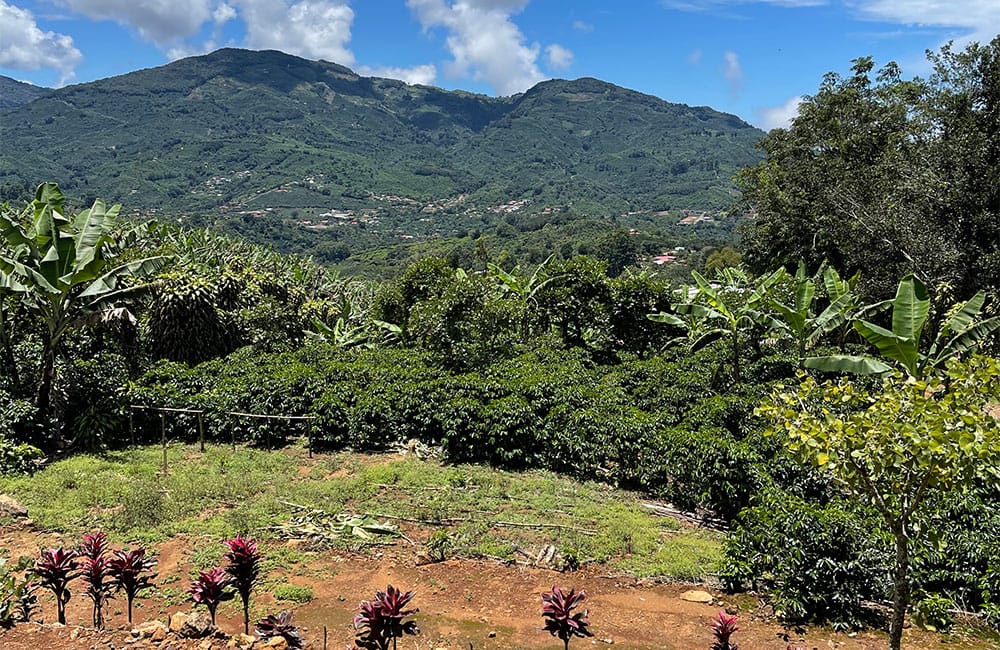
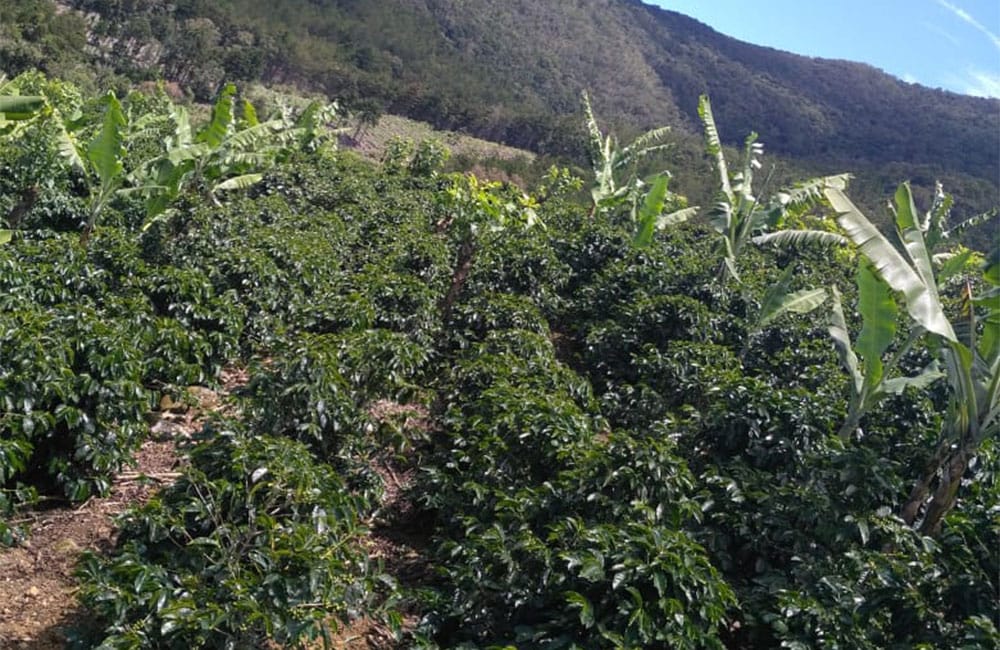
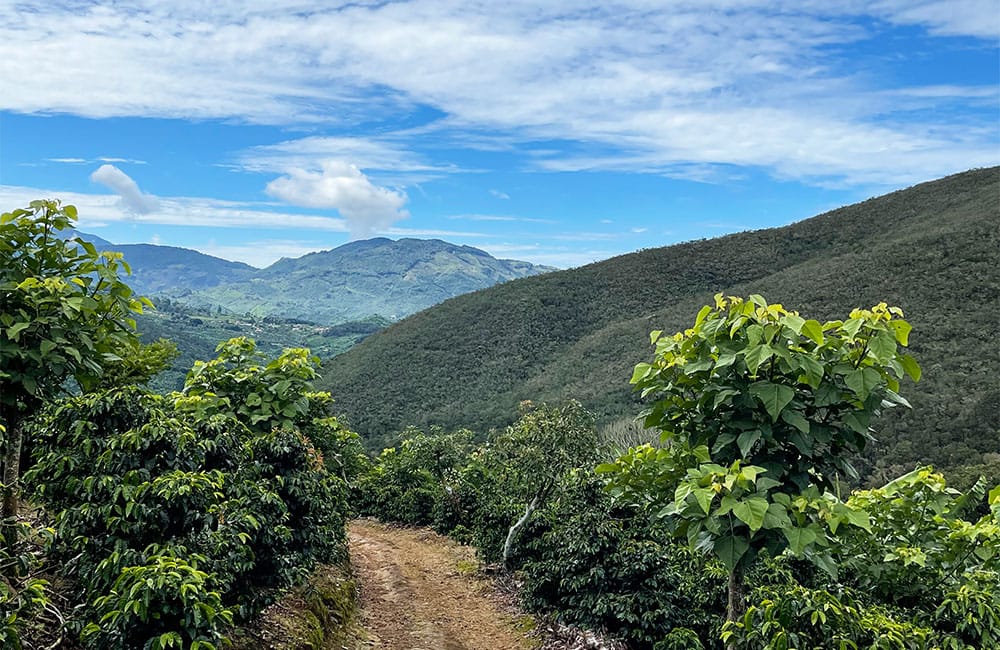
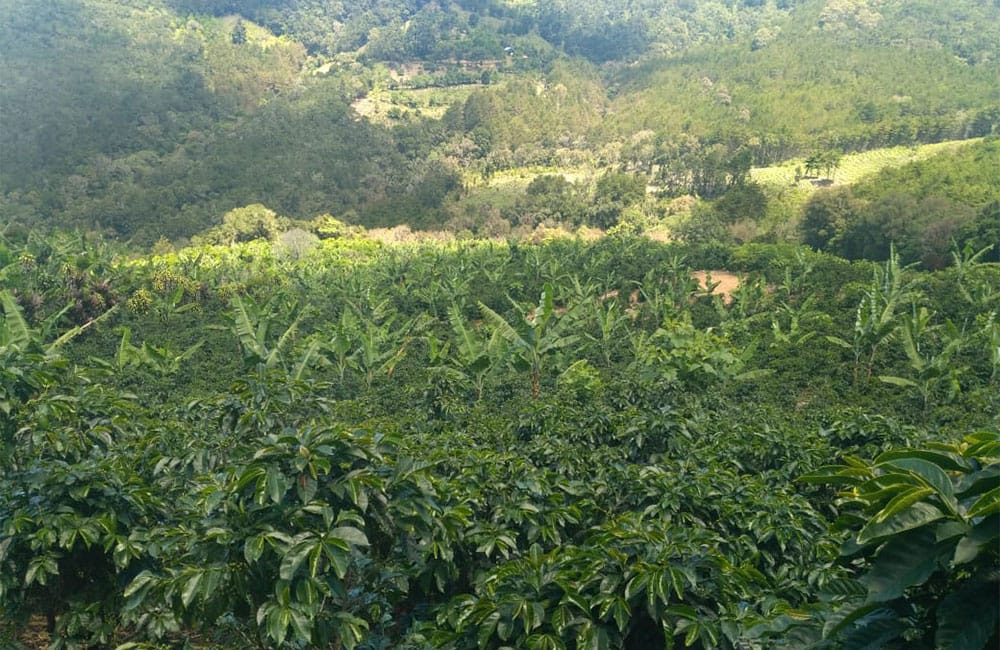
From commercial coffee to specialty coffee
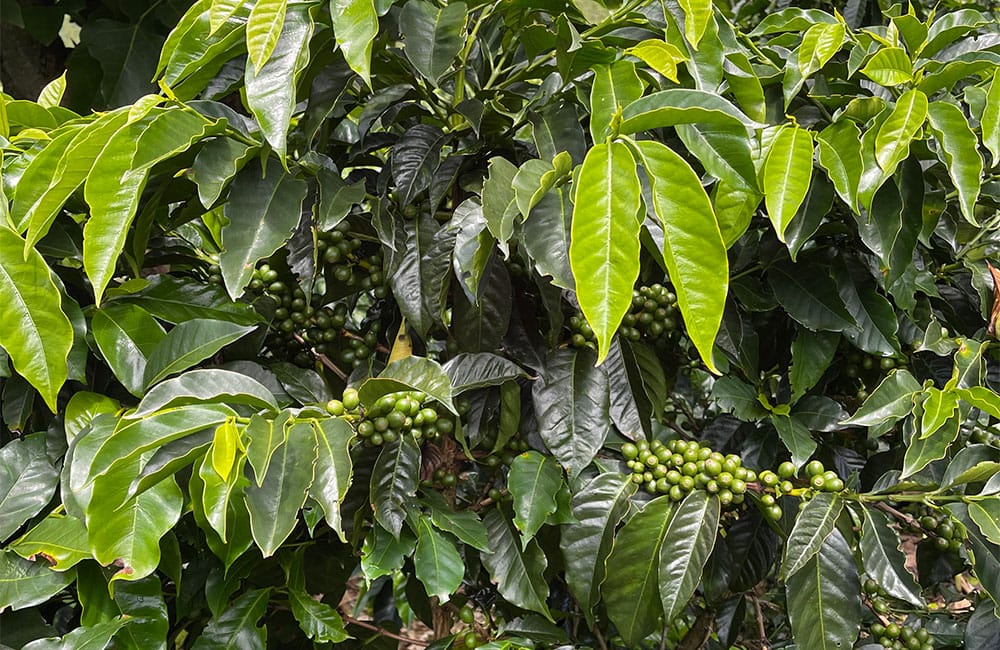
Romario’s grandfather cultivated and processed coffee and his father worked for many years on different plantations until he raised enough money to buy his own micro-plantation.
Romario grew up helping his father and grandfather when he was not studying or cycling in the mountainous region of Tarrazu.
During all this time the family took their coffee to local cooperatives to be processed or sold to multinational washing stations, where it was mixed with other conventional coffees.
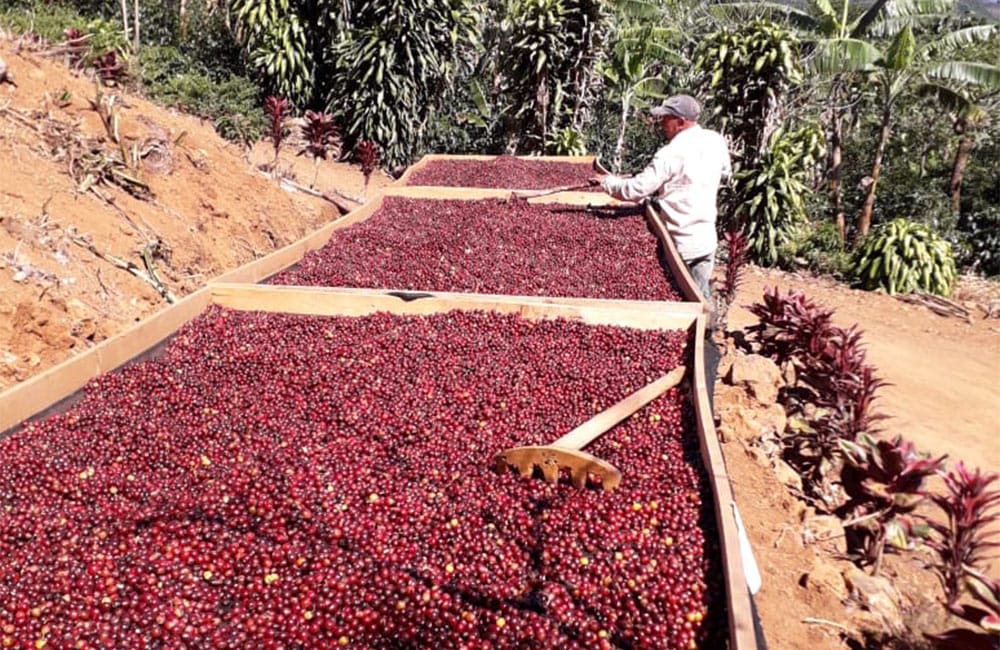
In Costa Rica, families are very close and Romario’s cousins started their own micro-mill.
Romario and his siblings spent a lot of time there learning the whole coffee process hands-on.
In 2019, Romario developed a plan to establish his own micro-mill and presented it to his family.
Romario explained to his family that, with all the accumulated knowledge about coffee cultivation and having their own micro-mill they could obtain a better quality coffee and for which they could obtain a better price.
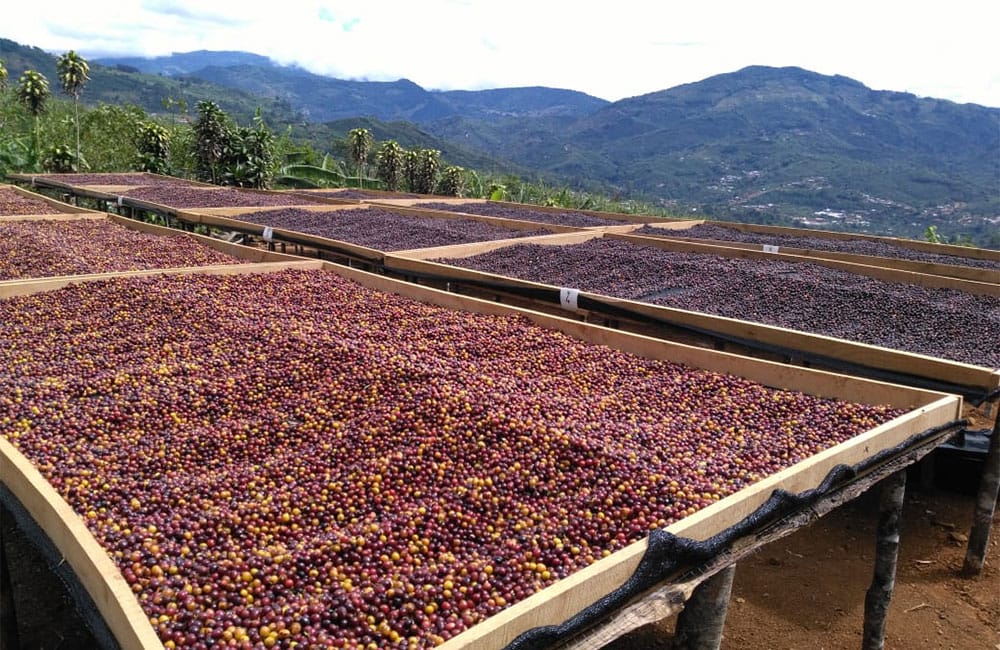
Having control of the coffee, from the seed to the bag to sell, allows a quality control and traceability that ensures its quality.
Essentially, they went from growing good coffee that was lost in large batches to growing specialty coffee that they themselves planted, picked, processed, and sold.
The result is an exceptional coffee.
The beginning of Umacor
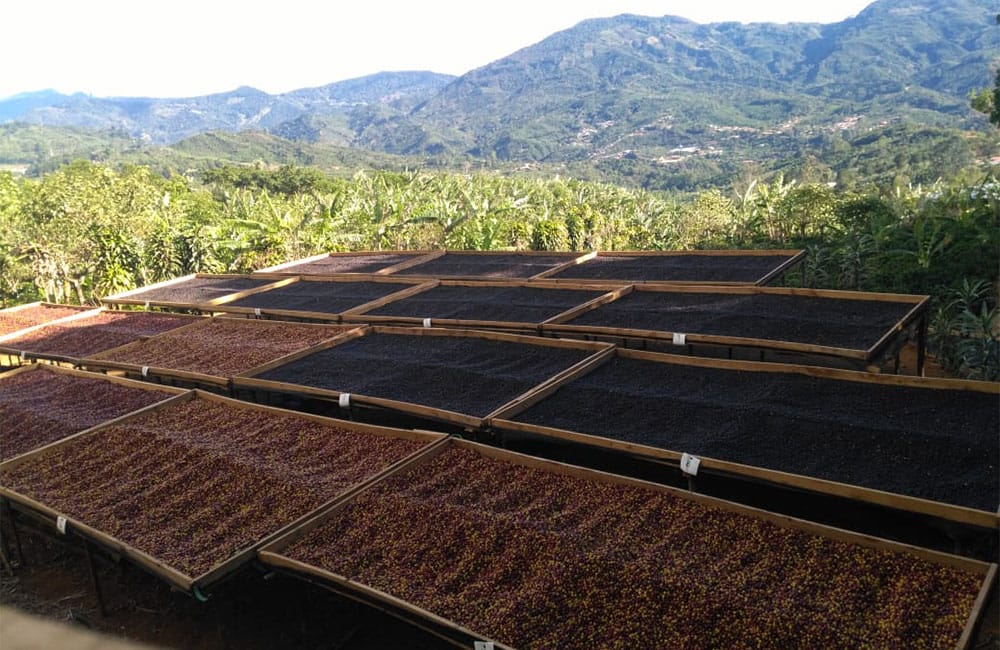
Umacor started out very simply. The Tarrazu region has become a hub of micro plantations and washing stations that have created a specialty coffee ecosystem with excellent results.
Umacor has a simple but effective washing and processing system.
They have several siphons where the coffee is deposited once collected, several washing tanks and beds for drying.
At this time, the whole process is done manually, since the installation of mechanical systems requires electricity, something difficult to access in this region and is more expensive.
Romario and his family intend to improve and mechanize some parts of the process, but the fact that for now everything is done manually does not detract from the quality of the coffee, on the contrary.
This is possible because the first own production which they processed was in 2020 and relatively small, 10 bags. Which has now been increased to 20 in the 2022 harvest.
Processing
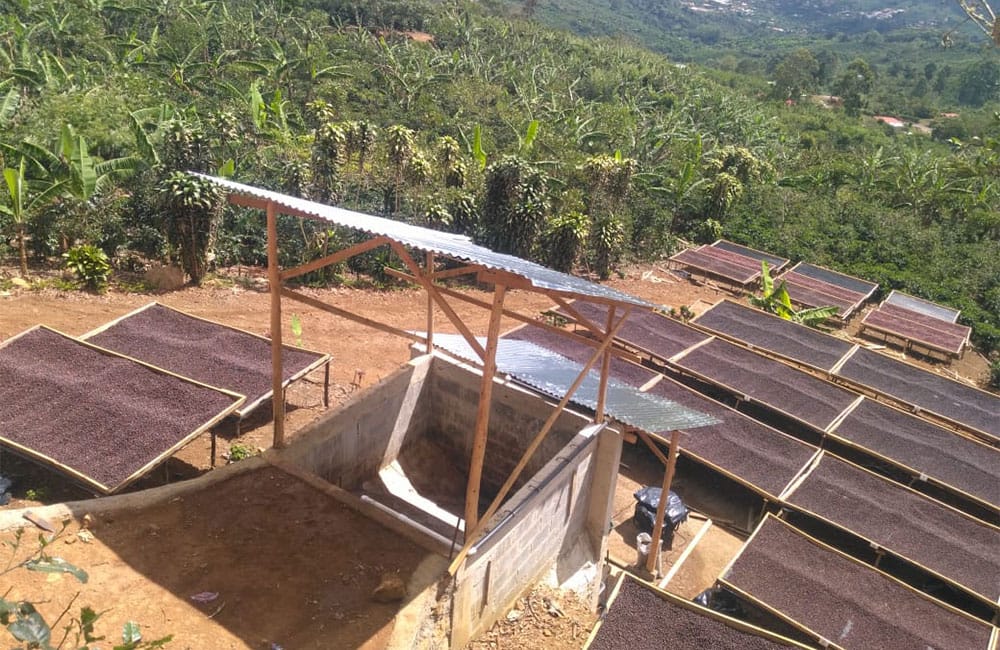
Once the coffee is harvested, it is dropped into the receiving siphons and then to a simple floating system they built to remove light, underripe fruit and other foreign elements.
The cherries are then placed on elevated drying beds in a thin layer.
They make sure to move and turn the fruit frequently during the drying process that usually takes about 22 days to reach the optimum humidity.
This leads to a very clean, natural processed coffee.
The resulting coffee is very fruity, but due to the natural qualities of the plant and the soil, since it hardly undergoes fermentation.
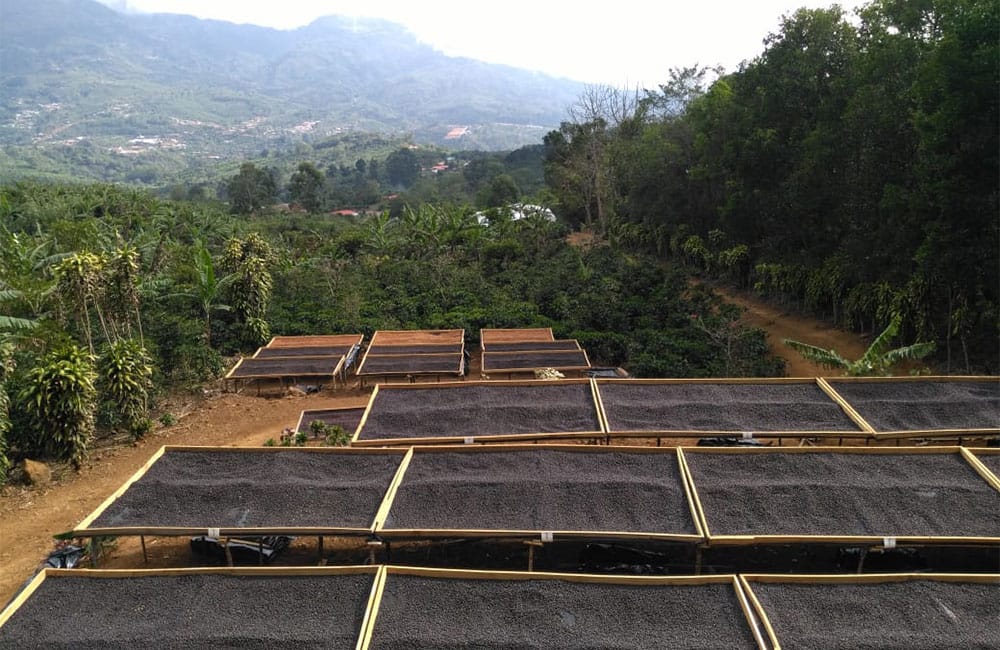
Tarrazu, a unique place for growing coffee
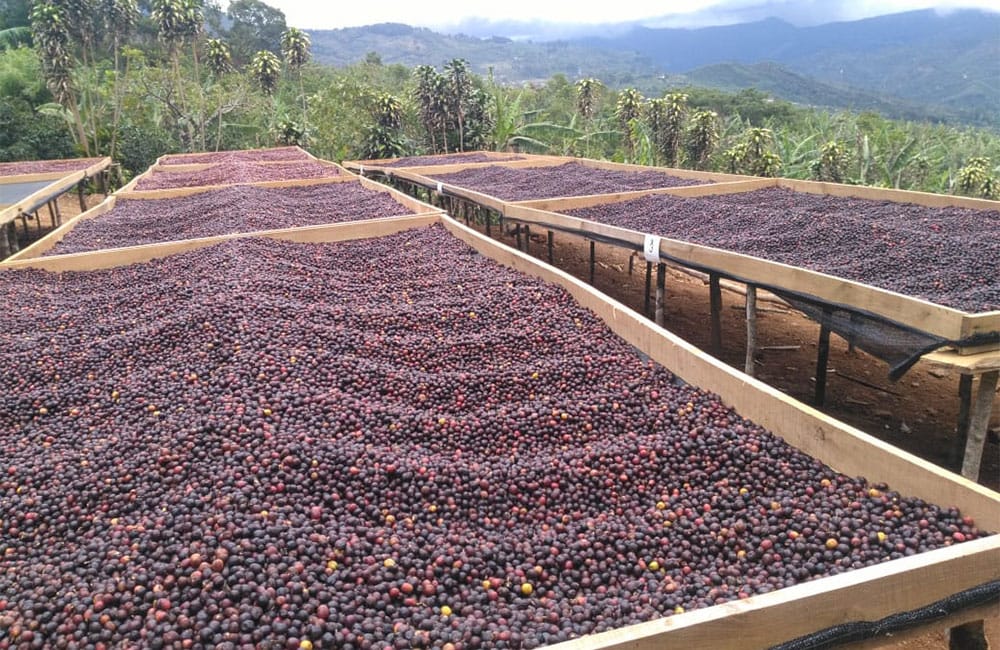
All the coffees from this region, at the base of La Cruz mountain, have an exceptional quality year after year. This is due to the microclimate of this region, the quality of the land and the know-how of the coffee growers.

